What Is in the $2 Trillion Relief Package?
The United States has more cases of the coronavirus than any other country, and in an attempt to stop the spread of this disease, states have closed schools and businesses throughout the country. These unprecedented shutdowns have pushed many people out of work, hurt businesses, and brought much of the economy to a screeching halt.
To ease the suffering, the government has rolled out a $2 trillion relief package, known as the Coronavirus Aid, Relief, and Economic Security Act, containing the following.
Help for Families
The relief package offers a one-time payment of up to $1200 for individuals, $2400 for couples, and $500 for each child. These benefits are reduced for individuals who earn more than $75,000 per year and for couples earning over $150,000. If you earn more than $99,000 as an individual or $198,000 as a couple, you do not receive this benefit. The government plans to make payments based on people’s 2019 or 2018 tax returns.
Federal student loan payments have also been suspended until Sept 30. No interest or late fees will accrue during that time.
Expanded Unemployment
People who file for unemployment can receive their regular payment plus an additional $600 per week for up to four months. The relief package also extends unemployment benefits to independent contractors and the self-employed.
Loans and Grants for Businesses
The bill creates a $500 billion fund for making loans and loan guarantees to businesses, municipalities, and states damaged by the coronavirus crisis. It also offers the following relief to businesses in specific industries.
- $25 billion grants and $25 billion loans to airlines
- $4 billion grants and $4 billion loans to cargo carriers
- $17 billion in loans for businesses that maintain national security
- $117 billion funding for hospitals and veteran’s health care
- $16 billion to stockpile pharmaceutical and medical supplies
Note that the grants, loans, and loan guarantees for the airline and cargo industries can only cover employee wages, salaries, and benefits. They cannot be used for other purposes.
Help for Small Businesses
The bill sets earmarks $350 billion for small business loans and loan guarantees. Businesses can borrow up to 250% of their monthly payroll, with a maximum amount of $10 million. Businesses that watched their gross receipts fall by 50% or more compared to last year, can get a tax credit if they retain their workers. The credit is worth up to half of the wages paid during the crisis. Employers don’t have to worry about making payroll tax payments, but rather than being eliminated, these taxes are deferred. Half is due by the end of 2021, and the other half in 2022.
Changes to Healthcare Rules
Additionally, people who receive preventative care related to the coronavirus do not have to worry about cost sharing. The bill requires health plans and insurance providers to cover these services.
Minimizing Conflicts of Interest
The relief bill contains a number of elements designed to eliminate conflicts of interest. In particular, companies that take government loans cannot buy back stock until a year after they repay the loans, and employees or executives who earned at least $425,000 last year cannot receive a raise this year.
Finally, businesses owned by President Donald Trump, Vice President Mike Pence, the head of executive department, members of congress, and their family members cannot receive emergency relief related to this bill.
All information is believed to be from reliable sources; however LPL Financial makes no representation as to its completeness or accuracy.
The information provided is not intended to be a substitute for specific individualized tax planning or legal advice. We suggest that you consult with a qualified tax or legal advisor.
LPL Tracking #1-973675 (exp. 3/21)
SOURCE
more cases: https://www.cnn.com/2020/03/26/health/coronavirus-thousand-deaths-thursday/index.html
LPL’s tracking number 1-973675 (exp. 3/21)











